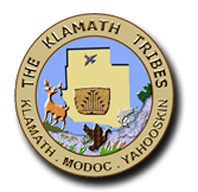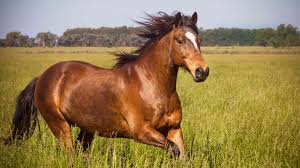Today I will give you a translation for the two sentences of yesterday's "What does it mean?" 1. nanok waytas ni shetalwasdat gaw shetalwis sle-a....
Word of the Day
Home >> Word of the Day
read more
Word of the Day
Today I am going to give you a few words that probably aren't new but interesting. kcalga=radiating or emitting light, heat, warmth kcalgis=the...
Word of the Day
So, once you have determined what your sentence will be, present it to the group you are working with. You may have to say it several times-That is...
Word of the Day
We need to make a sentence for you to begin your drill. I recommend your demonstration sentence. It doesn't matter what sentence you start with. It...
Word of the Day
We are going to be changing gears-somewhat. We have amassed enough information so that we can begin to use that in speaking. We will enter an...
Word of the Day
We will be moving on to a new topic. That topic will be noun suffixes. Today's 5 suffixes are the most used and seen suffixes. Word order is...




